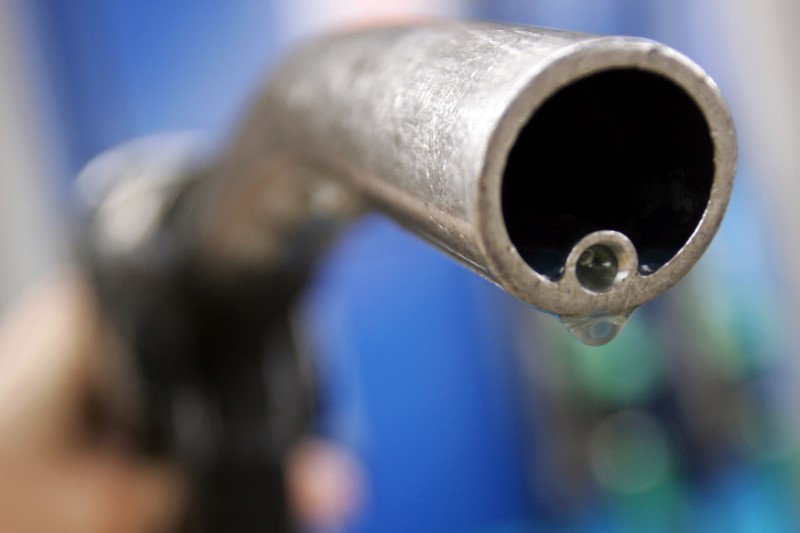Nigeria will raise quality standards on its imported petrol, diesel and kerosene from July 1, a change health campaigners have long said is necessary to protect citizens from toxic fuel.
All imported diesel from July 1 can contain a maximum of 50 ppm sulphur, while gasoline and kerosene can contain a maximum of 150 ppm, according to an environment ministry official and information from the Standards Organisation of Nigeria, the body responsible for setting requirements for imported goods. Nigeria’s current import standards are 3,000 ppm on diesel and 1,000 ppm on gasoline.
West African countries had promised higher quality fuel late last year as part of a United Nations Environmental Programme (UNEP), but details on the timeline and precise implementation were not given.
Ghana had targeted an even earlier deadline, but sources said it had not yet finalised its new fuel requirements or issued a fresh timetable.
Several groups, including UNEP and the African Refiners Association, have been pushing West Africa governments for years to mandate higher quality fuel and ban fuels that are illegal in Europe and the United States due to what experts say are calamitous effects on respiratory health – particularly in dense urban areas such as Lagos.
Late last year, the Swiss-based campaign group Public Eye blamed international traders for using the continent as a dumping ground for toxic fuels that are banned elsewhere. Other African nations, including Kenya, Tanzania, Uganda and Morocco have also increased fuel quality requirements.
In Nigeria implementation and enforcement not clear yet and several local importers said they had not been notified of the change. Nigerian National Petroleum Corporation (NNPC) is in the final stages of negotiating its contracts to swap crude oil for refined products, dubbed Direct Sale, Direct Purchase (DSDP), a key source of fuel.
These had been set to begin from April 1, but the current contracts were extended while talks continued. The initial contract tender did not demand the higher quality fuel, but sources told Reuters NNPC asked bidders to give options for it. Local refineries run by NNPC were given until 2020 to meet the new standards.

